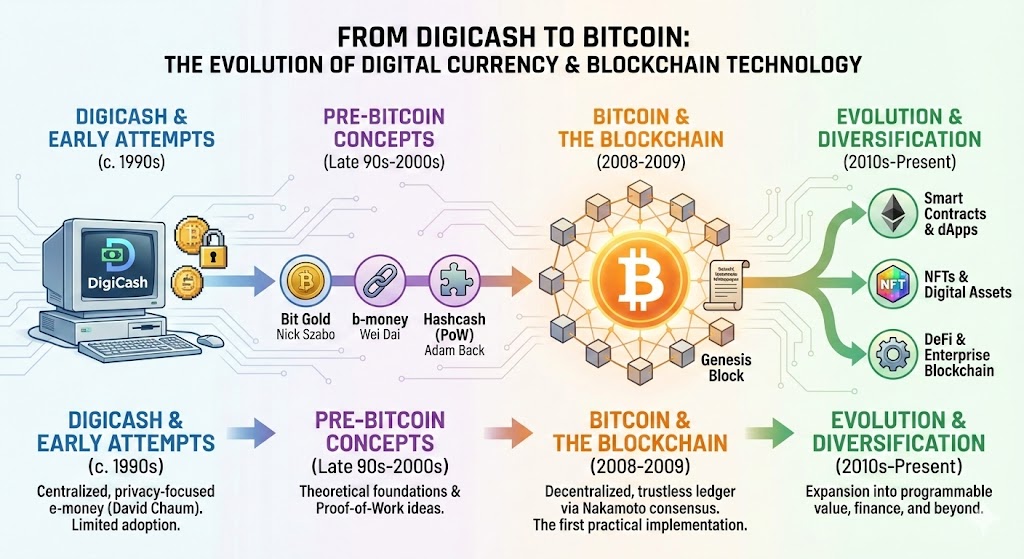2024 E-Learning Trends Set to Dominate!

E-learning is rapidly evolving, and as technology continues to advance, new trends are emerging that are set to reshape the learning experience in 2024. In this article, we will explore the key e-learning trends for 2024 and their implications for learners, organizations, and the future of education.
What Are the Key E-Learning Trends for 2024?
As we look ahead to 2024, several e-learning trends are poised to make a significant impact on the way individuals acquire knowledge and skills. One of the most notable trends is the rise of adaptive learning paths, which cater to each learner’s unique needs, pace, and preferences. This personalized approach to learning is made possible through the integration of artificial intelligence (AI) into e-learning platforms.
Moreover, personalized learning with AI goes beyond adaptive learning paths, utilizing advanced algorithms to tailor content and experiences to the specific requirements of each learner, creating truly personalized learning experiences. Additionally, video-based learning is gaining traction as a potent tool for engaging learners and delivering content in a dynamic and compelling manner.
How Will E-Learning Evolve in 2024?
In 2024, e-learning is expected to undergo a significant evolution, driven by the integration of augmented reality into learning environments. Augmented reality promises to enhance the learning experience by overlaying digital information onto the physical world, offering immersive and interactive experiences for learners. Alongside augmented reality, the expansion of virtual reality learning is set to revolutionize e-learning, providing learners with simulated environments and hands-on experiences that were previously inaccessible.
Furthermore, social learning and collaboration are projected to play a prominent role in e-learning, facilitating knowledge sharing, peer interaction, and collective problem-solving, thereby enriching the learning experience and fostering a sense of community among learners.
Why Should Companies Pay Attention to E-Learning Trends for 2024?
Companies cannot afford to overlook the e-learning trends set to dominate 2024 due to the profound impact they will have on the workforce and organizational development. The emphasis on soft skills development, such as leadership, communication, and critical thinking, will be propelled by e-learning trends, recognizing the crucial role of these skills in the modern workplace. Additionally, the integration of data-driven learning analytics will enable organizations to gain valuable insights into the effectiveness of learning initiatives and make data-informed decisions to optimize learning outcomes.
Continuous learning and adaptation will be imperative for companies to remain competitive and agile in a rapidly evolving business landscape. E-learning trends in 2024 will emphasize the need for employees to engage in ongoing skill development, adapt to change, and embrace a learning mindset to drive organizational success.

What Is the Role of Artificial Intelligence in the Future of E-Learning?
Artificial intelligence will be a driving force behind the future of e-learning, offering a myriad of capabilities to enhance the learning experience. Leveraging AI for adaptive learning will enable e-learning platforms to dynamically adjust content, difficulty, and assessment based on the performance and learning style of each individual learner. Furthermore, AI will play a pivotal role in enhancing personalized learning experiences by analyzing vast amounts of data to deliver tailored content, recommendations, and support to learners.
AI-driven learning systems will revolutionize the way learning content is delivered, assessed, and personalized, leading to more engaging, efficient, and effective learning experiences for individuals across diverse learning preferences and backgrounds.
How Can Organizations Harness the Potential of Emerging E-Learning Trends?
Organizations must seize the potential of emerging e-learning trends to create impactful learning experiences for their employees. Implementing collaborative learning environments will foster an ecosystem for knowledge sharing, teamwork, and peer learning, enabling employees to learn from each other and collectively enhance their skills and expertise.
Advanced learning analytics will empower organizations to gain in-depth insights into learner progress, engagement, and performance, allowing them to continuously refine their learning strategies and content to align with the evolving needs of the workforce. Moreover, incorporating digital learning platforms that offer flexibility, interactivity, and accessibility will be crucial for organizations to cater to diverse learning styles and preferences, ensuring a comprehensive and engaging learning experience.
What are the Top e-Learning Trends for 2024?
Looking ahead, several key e-learning trends are expected to shape the learning environment in 2024. These trends include the integration of AI in e-learning platforms, personalized learning experiences, and adaptive learning paths.
AI Integration in e-Learning Platforms
Artificial Intelligence (AI) is revolutionizing the e-learning space by offering intelligent and personalized learning experiences to learners. AI-powered platforms can analyze learners’ behaviors and performance, enabling the delivery of customized learning content to cater to individual needs.
Personalized Learning Experiences
Personalization in e-learning involves tailoring the learning content and delivery to meet the specific needs and preferences of each learner. This trend is gaining momentum as it enhances learner engagement and comprehension, ultimately leading to improved learning outcomes.
Adaptive Learning Paths
Adaptive learning paths use technology to adjust the learning experience based on a learner’s progress and performance, ensuring that each learner receives the most relevant and beneficial content. This trend is set to revolutionize the way learning content is delivered and consumed.
How Will Online Learning Evolve in 2024?
Online learning is poised for significant advancements in 2024, driven by the integration of augmented and virtual reality, advancements in learning analytics, and the promotion of social learning and collaboration.

Integration of Augmented and Virtual Reality
The integration of augmented reality (AR) and virtual reality (VR) technologies in e-learning will provide immersive and interactive learning experiences, allowing learners to engage with content in a highly visual and interactive manner, enhancing their understanding and retention of information.
Advancements in Learning Analytics
Learning analytics involves the use of data to analyze and optimize the learning process. In 2024, there will be a rapid progression in the utilization of advanced analytics tools to monitor and assess learner progress, refine learning strategies, and predict future learning needs.
What are the Emergent Technologies in the e-Learning Space?
Emergent technologies in the e-learning space for 2024 encompass the application of artificial intelligence in learning systems, exploration of data-driven learning approaches, and the utilization of learning platforms for soft skills development.
Application of Artificial Intelligence in Learning Systems
The application of AI in learning systems will enable the creation of dynamic and adaptive learning environments, providing personalized support to learners and optimizing the delivery of learning content based on their individual learning styles and needs.
Exploration of Data-Driven Learning Approaches
Data-driven learning approaches involve the use of insights derived from learner data to enhance the effectiveness of learning programs. By analyzing learning patterns and behaviors, educators can tailor learning experiences to align with individual learner needs and preferences.
Utilization of Learning Platforms for Soft Skills Development
In 2024, there will be a heightened focus on developing essential soft skills through e-learning platforms. These platforms will offer interactive and engaging modules designed to cultivate skills such as communication, collaboration, critical thinking, and emotional intelligence, fostering well-rounded and adaptable learners.
How Will the Learning Experience Transform in 2024?
The learning experience in 2024 will undergo transformative changes, characterized by the enhancement of digital learning environments, a focus on continuous and collaborative learning, and immersive learning experiences with advanced technologies.
Enhancement of Digital Learning Environments
Digital learning environments will undergo enhancements to offer seamless and intuitive interfaces, interactive content, and integrated learning resources, providing learners with a dynamic and engaging platform conducive to effective learning.
Focus on Continuous and Collaborative Learning
Continuous and collaborative learning will be emphasized, encouraging learners to engage in ongoing skill development, knowledge sharing, and collaborative projects, fostering a culture of lifelong learning and adaptability.
Immersive Learning Experiences with Advanced Technologies
A key trend for 2024 is the utilization of advanced technologies such as AR, VR, and gamification to create immersive and interactive learning experiences. These technologies will captivate learners, stimulate their curiosity, and enhance their retention of complex concepts and skills.
What are the Key Predictions for e-Learning in 2024?
Several key predictions for e-learning in 2024 include the rise of adaptive learning paths, increasing importance of soft skills development, and a shift towards collaborative and interactive learning models.
The Rise of Adaptive Learning Paths
Adaptive learning paths will become the norm, catering to individual learner needs and preferences, offering personalized content, assessments, and support mechanisms, ensuring an optimized learning journey for each learner.
Increasing Importance of Soft Skills Development
The growing recognition of the importance of soft skills in the professional landscape will drive the incorporation of comprehensive soft skills training in e-learning programs, empowering learners with the essential interpersonal and cognitive skills essential for success.
Shift towards Collaborative and Interactive Learning
There will be a pronounced shift towards collaborative and interactive learning models, fostering meaningful interactions, knowledge exchange, and peer learning, creating engaging and dynamic learning communities within e-learning environments.









